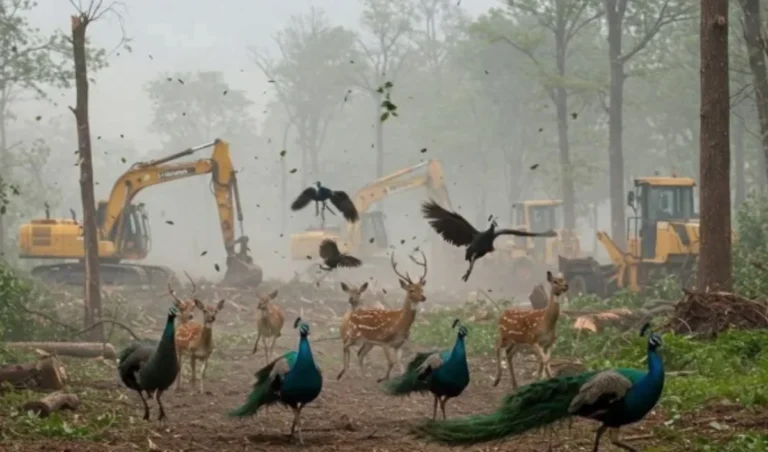During the launch of the PM Vishwakarma Scheme, which serves a central purpose, Modi emphasized on the objectives of the nation, and its effort to aid the country’s traditional artisans and craftspeople, who can be called as “Vishwakarmas” in the simplistic way. It is a Centrally Sponsored Scheme amounting to 13000 crore rupees, and provides sustenance and modern, cultural skill development training to turn these craftsmen into relevant individuals in contemporary society, while simultaneously maintaining the cultural heritage of India. The scheme’s target is to integrate these craftsman into the global and national value chains in order to enhance the process of rejuvenation of the traditional crafts.
Key Features and Benefits of the PM Vishwakarma Yojana Scheme
The PMVY is unique in its multidimensional aspect of working with artisans through:
- Recognition: An ID card and a PM Vishwakarma Certificate allow such artisans to advertise their skill, identify for future gain, and market their social-economic standing.
- Skill Development: This is a scheme for the skill development of artisans-basic and advanced-wherein Rs. 500 is given as daily standing for these artisans for the upgrading of skill sets. Basic training is for a duration of 5-7 days, while advanced training spans a minimum of 15 days. Skill enhancement is thus necessary to fulfill modern-day quality norms.
- Financial Assistance: The key features of the scheme include the provision of collateral-free Enterprise Development Loans of up to Rs. 3 lakhs at a subsidized interest rate of only 5%. Financial grants are payable in two phases. The first tranche, up to Rs. 1 lakh, will be released after the artisans complete their basic training, while the second tranche, of up to Rs. 2 lakh, will be available upon good repayment behavior and completing an advanced training program.
- Market Support: Skill sharpening is not a long-term solution, and the scheme guides artisans in providing other services related to marketing, including quality certification, branding, digital transactions, etc. E-commerce promotion under the scheme encourages artisans, while incentives for digital transactions help in enhancing financial inclusion.
Eligibility and Implementation
The PM Vishwakarma Yojana is meant for application by artisans who are 18 years and above, identify one of the 18 identified traditional trades in their list of acts, and have not availed themselves of other government loans under similar heads in the past five years. This category thus includes those who are left out of organized activity, mainly self-employed artisans who typically work with their hands and tools.
- Registration: The applicant may register for the scheme in Common Service Centers (CSC) with the support of Village Level Entrepreneurs (VLEs) or may register directly through the PM Vishwakarma portal requiring Aadhaar-based biometric authentication, thus ensuring seamless delivery of benefits to the grassroots.
- Implementation: The scheme is implemented by the Ministry of Micro, Small & Medium Enterprises (MSME) with support from several other ministries including Skill Development and Entrepreneurship to ensure a broader approach to empowerment. The initiative also supports training for trainers to preserve the quality of skill development programs.
Impact and Future Prospects
The PM Vishwakarma Yojana is not simply about short-term financial aid or skill development; it is aimed at delivering a tremendous long-term impact:
- The first factor is economic growth. The scheme indirectly uplifts local economies by enhancing the artisans, especially in the rural backdrop where many of these crafts are practiced. Hence, it may lead to job creation, enhancement of income levels, and elevation in the socio-economic status of beneficiaries.
- Cultural Preservation: The scheme plays an important role in safeguarding the rich cultural heritage of India. Through a rejuvenation of traditional skills, it ensures that these crafts are relevant in the 21st century and gainful to work upon, thus fanning cultural pride and identity among the people.
- Global Reach: Products will gain better traction in the international markets, leading to more exports and showcasing India’s artisanal heritage worldwide due to better product quality and branding.
- Sustainability: The sustainable development practice with artisans in the formal value chains may pave the way for the sector to adopt eco-friendly practices and fulfilance to the global sustainability agendas.
Conclusion
The PM Vishwakarma Yojana stands as a foremost recognition toward the elevation of the backbone of India’s artisanal economy. The scheme is designed to stimulate the economy while also preserving the culture by providing artisans with the tools, training, and market access. Grasping the implementation and impact of this scheme will be very important going forward to ensure an even more tangible realization of the offered empowerment and prosperity toward India’s Vishwakarmas. By investing in the hands that build India, this scheme shows that the country has recognized the importance of the age-old craft in the making of modern India.




